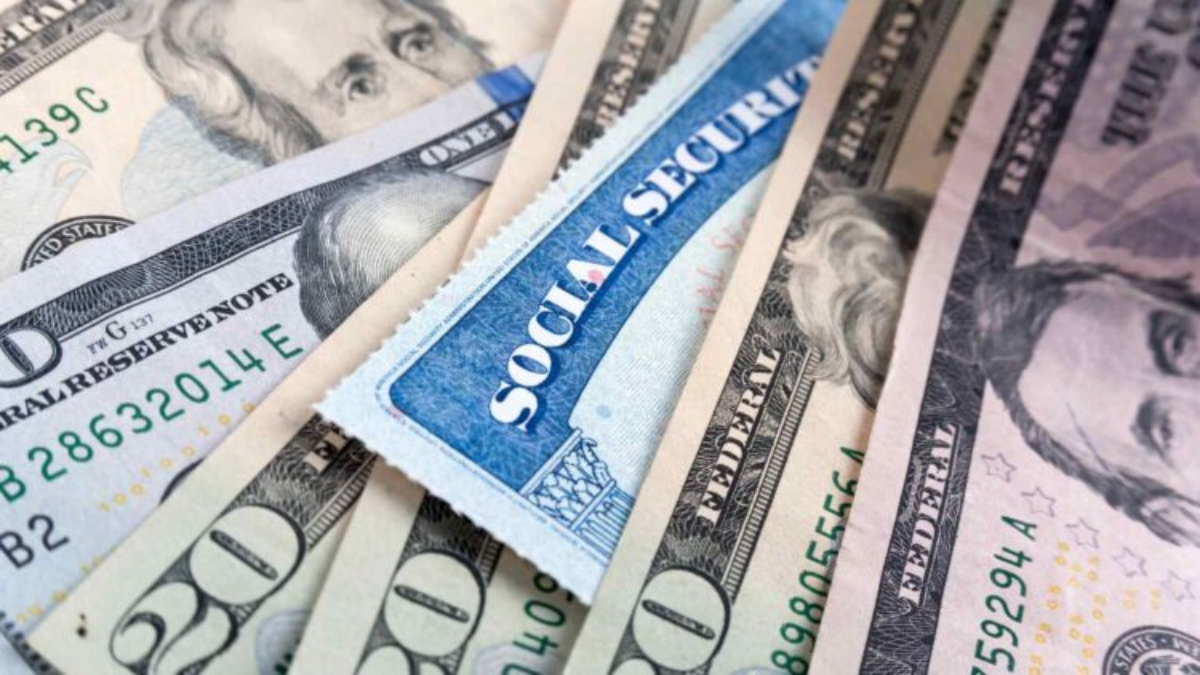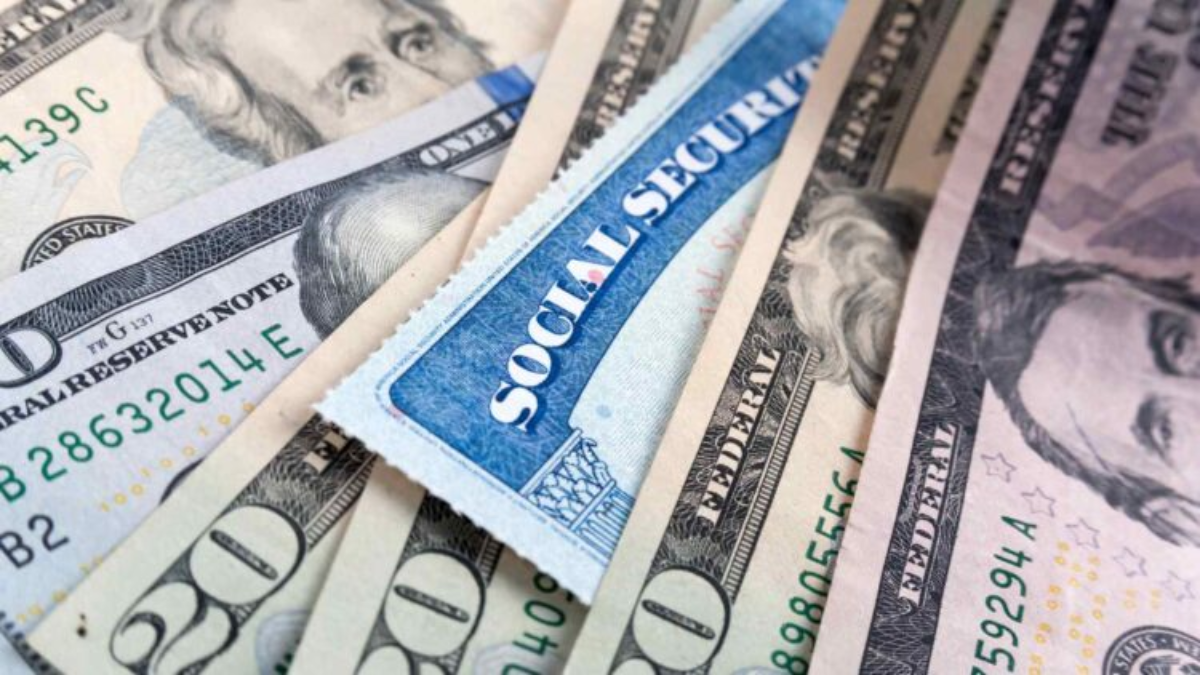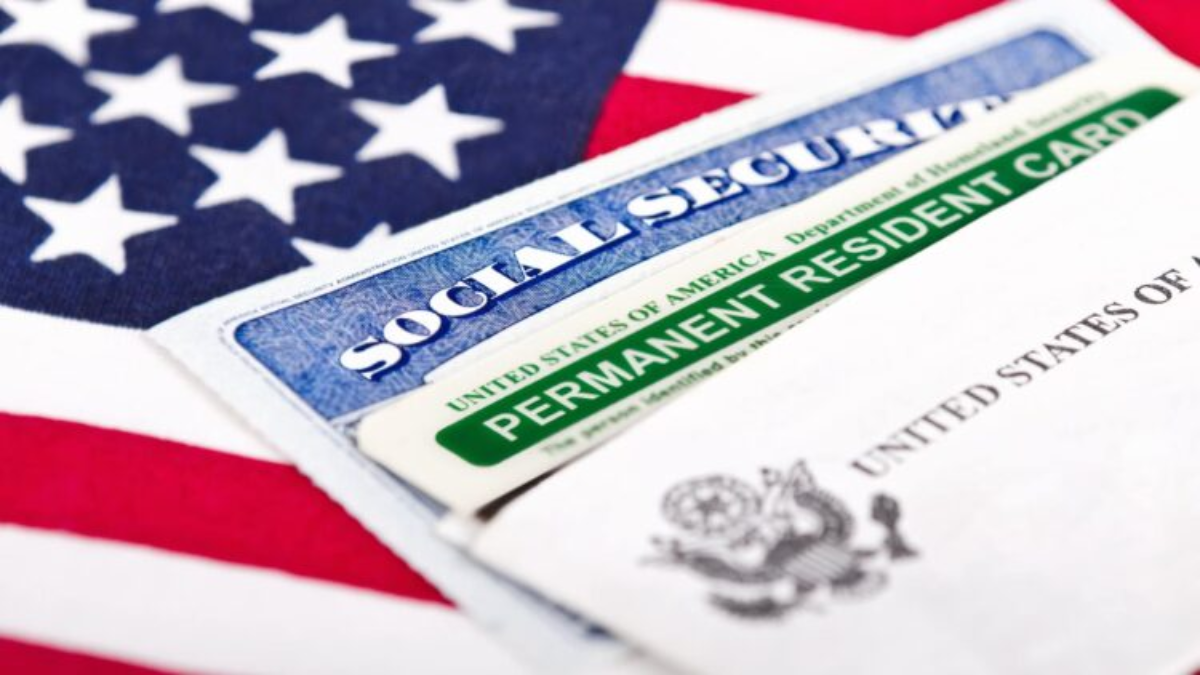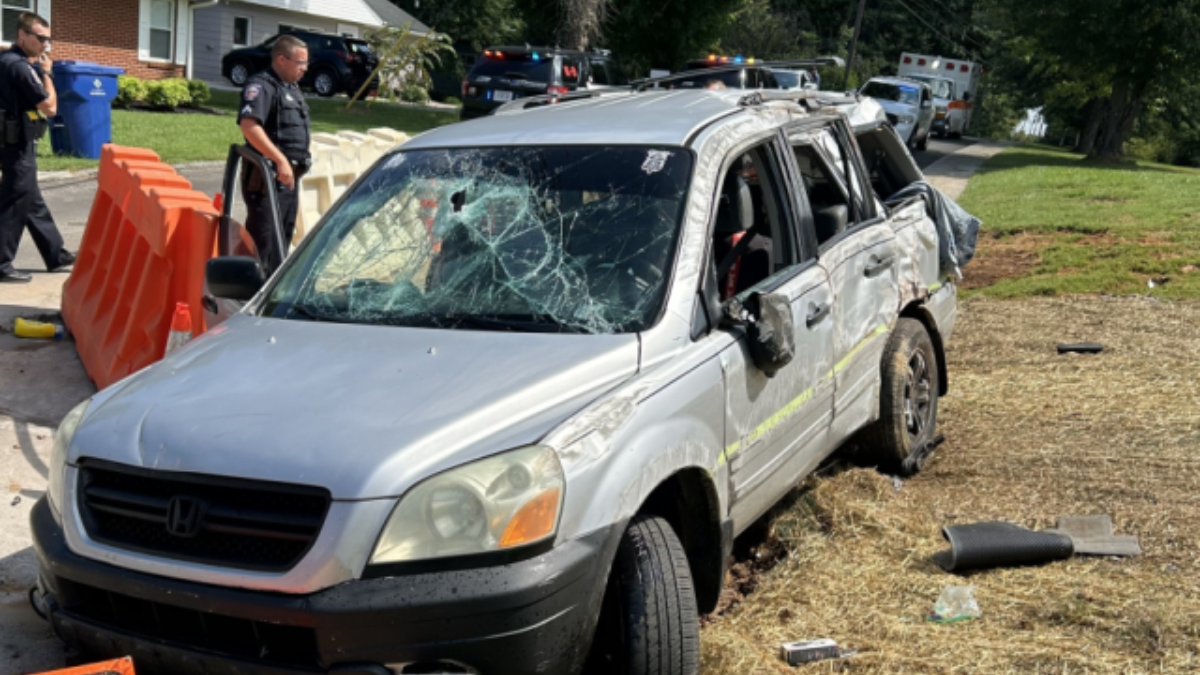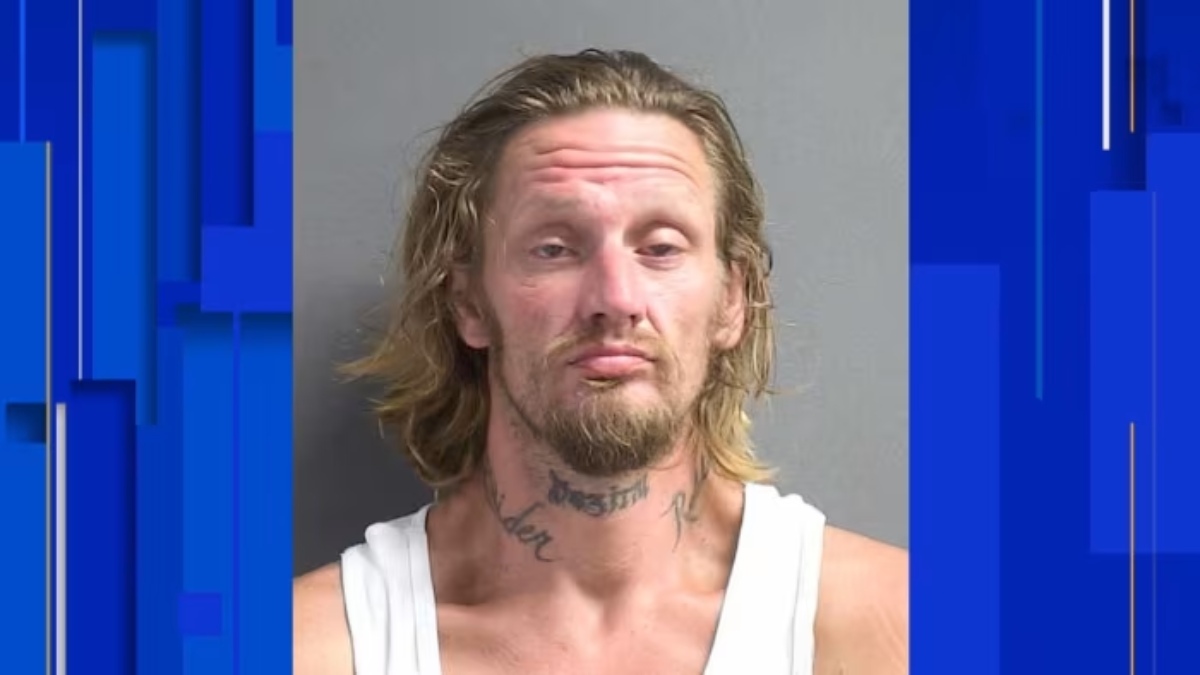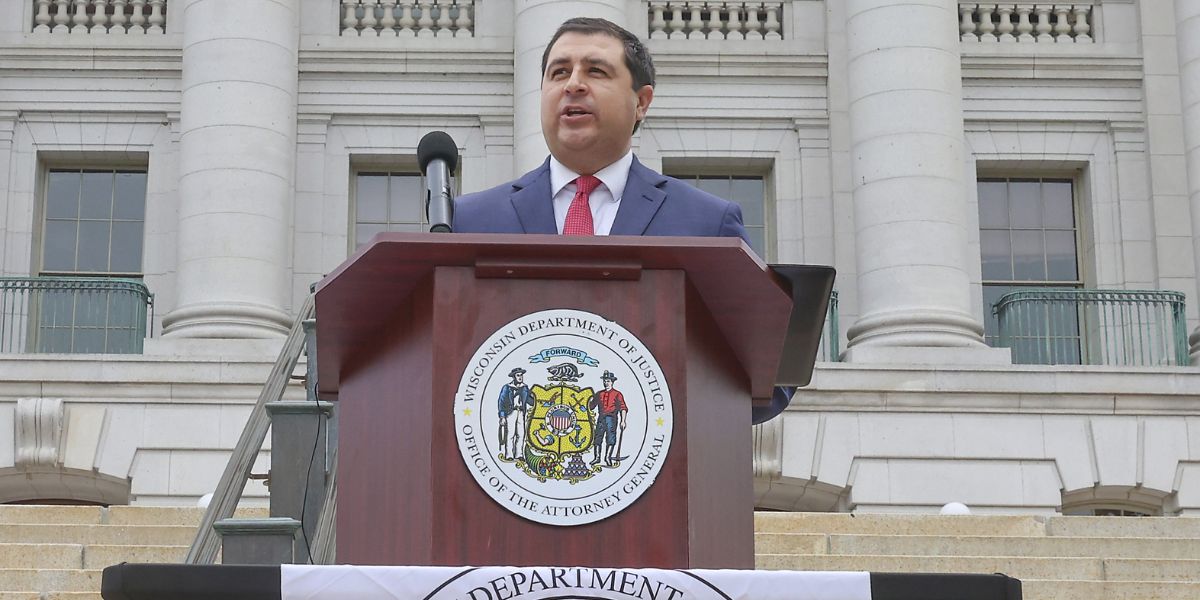Wisconsin AG Takes LEGAL ACTION Against TRUMP Associates for Fake Elector Plot
Following the 2020 election, Wisconsin Attorney General Josh Kaul charged three people with felony forgery in connection with a plan to cast phony Electoral College votes for former President Donald Trump.
The accusations filed on Tuesday mark the first time anyone involved in the plot in Wisconsin has faced criminal charges. In other states where fraudulent electoral votes were cast, many of the individuals implicated have been charged with crimes. In Wisconsin, Kaul had so far refrained from bringing charges against the attorneys and state Republicans engaged in formulating the scheme.
The ten Republicans who voted and the attorneys engaged in developing the proposal had previously settled civil cases against them.
In December 2020, the ten Republicans carried out the plan devised by former Trump attorneys Kenneth Chesebro and Jim Troupis to gather in the state Capitol to secretly vote for Trump despite the fact that the former president had lost the state. After the occurrence, individuals involved claimed they were simply attempting to keep Trump’s prospects alive in the hopes that the state Supreme Court would overturn the results. However, on the same day they cast their fake electoral ballots, the Wisconsin Supreme Court ruled against taking such harsh action.
The fake votes from Wisconsin and other states contributed significantly to the chain of events that culminated in the January 6, 2021 attack on the United States Capitol.
On Tuesday, Kaul charged Chesebro, a Wisconsin native who devised the plan, Troupis, a former Dane County judge who represented Trump in court after the election, and Mike Roman, a former Trump aide who is accused of delivering Wisconsin’s forged Electoral College paperwork to a Pennsylvania congressman in order to deliver it to former Vice President Mike Pence on January 6.
The fake votes were cast by ten Republicans, including then-Republican Party of Wisconsin Chair Andrew Hitt and Wisconsin Elections Commissioner Robert Spindell.
At a news conference outside the state Capitol Tuesday afternoon, Kaul declined to elaborate on why the charges were only filed against the trio and not the entire slate of electors or Trump himself. He stated repeatedly that the scam was still under investigation.
Kaul also stated that now is an “appropriate time” to file the charges, despite the fact that the next presidential election is only months away because his office is more concerned with getting the facts and the law correct than with haste.
“We are confident in the charges we have filed,” he added, pointing any inquiries regarding the Department of Justice’s probe to the criminal complaint.
According to the lawsuit, Chesebro, Troupis, and Roman played a key role in devising the scheme to have phony slates of electors vote for Trump. According to the complaint, the trio collaborated on creating the exact language electors would use on certificates filed with state and federal officials in numerous states, as well as convincing state party and Trump campaign leaders to support the scheme.
According to the complaint, Chesebro told people at the Trump campaign and Republican National Committee that Troupis was the one who came up with the concept.
According to the complaint, the group contemplated including contingent language on the fraudulent electoral certificates stating that the electors “might later be determined” as “duly elected and qualified” electors. That wording was added in other states, but according to the complaint, it was not included in the forms signed and sent to Wisconsin’s ten fraudulent electors.
Chesebro, Troupis, and Roman were then involved in the White House, Trump campaign, and Republican officials’ discussions about how to use the false elector slates on January 6, with Troupis and Chesebro attending an Oval Office meeting. Troupis warned Chesebro in an email about the meeting that “nothing about our meeting with the President can be shared with anyone,” according to the complaint.
According to the complaint, a number of people involved in the scheme, including Republican Party of Wisconsin leadership, were told the votes would only be used if a court ruled in Trump’s favor — despite the fact that Chesebro, Troupis, and Roman were discussing how to have the votes interrupt the joint session of Congress on Jan. 6 for the entire time.
Following the news of the charges, Governor Tony Evers issued a one-word statement: “Good.”
Democratic U.S. Rep. Mark Pocan praised the accusations, pointing out that Trump and his administration have been dogged by criminal investigations.
“At what point are we going to ask, ‘Is there anyone associated with Donald Trump who isn’t a criminal?'” Pocan said this in a statement. “I applaud AG Kaul for bringing these three democracy lawbreakers to justice.”
Law Forward, a progressive voting rights legal organization, had repeatedly asked for the individuals involved in the fraud to be held criminally accountable. The business filed the legal complaint, which resulted in the ten fraudulent electors promising to never serve as electors for Trump again and publicly stating that Trump lost the 2020 election to President Joe Biden.
Law Forward President Jeff Mandell stated on Tuesday that the charges were a crucial step in protecting Wisconsin’s democracy.
“In America, most of us share a belief in our democracy and the importance of ensuring that those who attempt to undermine the will of the people are held accountable,” Mandell stated. “The fraudulent elector operation originated in Wisconsin and was then carefully expanded across the country.
Wisconsin citizens have been waiting for accountability for more than three years, hoping to hold both the bogus electors and those who assisted them in carrying out this scam accountable. This organized and purposeful attempt to manipulate democratic votes must not occur again. Today is a positive step toward defending our democracy and ensuring accountability.”
Forgery is classified as a class H felony in Wisconsin, the least serious type of felony under state law. The charge carries a potential punishment of six years in jail and a $10,000 fine.
According to court documents, Chesebro, Troupis, and Roman will make their first appearance in court on September 19.

